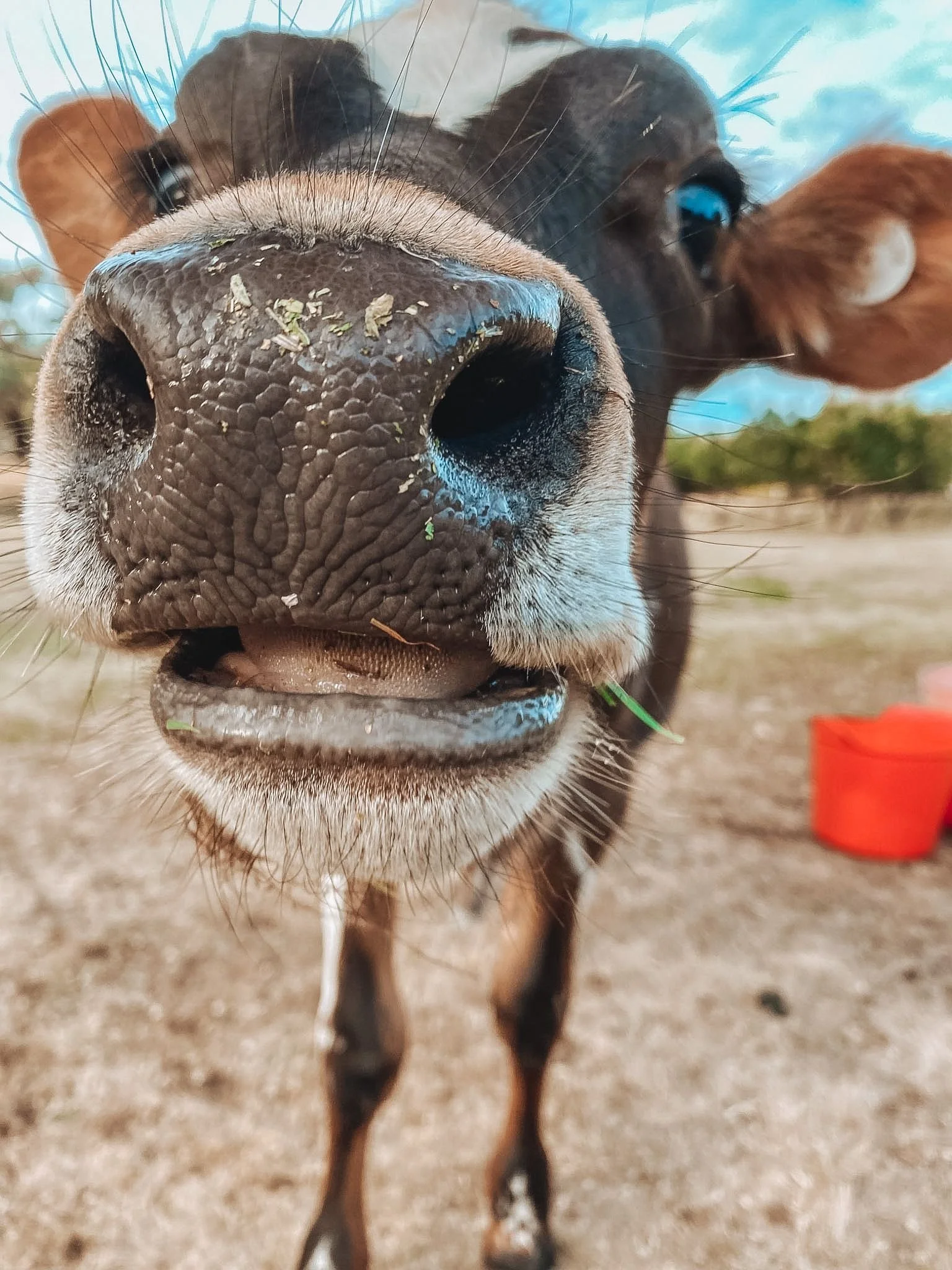Pneumonia
Pneumonia in calves is a common and serious respiratory disease that affects young calves. It can be caused by various pathogens, with viral and bacterial agents being the most common contributors. Pneumonia in calves is often associated with stress, poor ventilation, overcrowding, and inadequate nutrition.
Causes
Pneumonia in calves can be triggered by several factors, including:
Viral Infections: Viruses like bovine respiratory syncytial virus (BRSV), bovine viral diarrhea virus (BVDV), and infectious bovine rhinotracheitis (IBR) can contribute to pneumonia.
Bacterial Infections: Bacteria like Mannheimia haemolytica, Pasteurella multocida, and Mycoplasma bovis are common culprits.
Environmental Stressors: Overcrowding, incorrect feeding, poor ventilation, temperature fluctuations, and transportation stress can weaken calf immune systems and increase susceptibility to pneumonia.
Symptoms
Coughing
Rapid breathing
Crackly chest
Nasal discharge
Fever
Lethargy
Loss of appetite
Labored breathing
Reluctance or refusal to stand
Treatment
If you notice you calf presenting with any pneumonia symptoms call your vet immediately.
Isolation: If a calf is diagnosed with pneumonia, it should be isolated from the rest of the herd to prevent the spread of the disease.
Medication: Depending on the cause of pneumonia (viral or bacterial), the vet may prescribe antibiotics or antiviral medications.
Hydration: Ensure the calf has access to clean, fresh water at all times. In some cases, fluid therapy may be necessary if the calf is dehydrated.
Warmth: Maintain an appropriate ambient temperature to keep the calf warm and comfortable.
Good Ventilation: Ensure proper ventilation in the calf's living area to improve air quality and reduce stress on the respiratory system.

